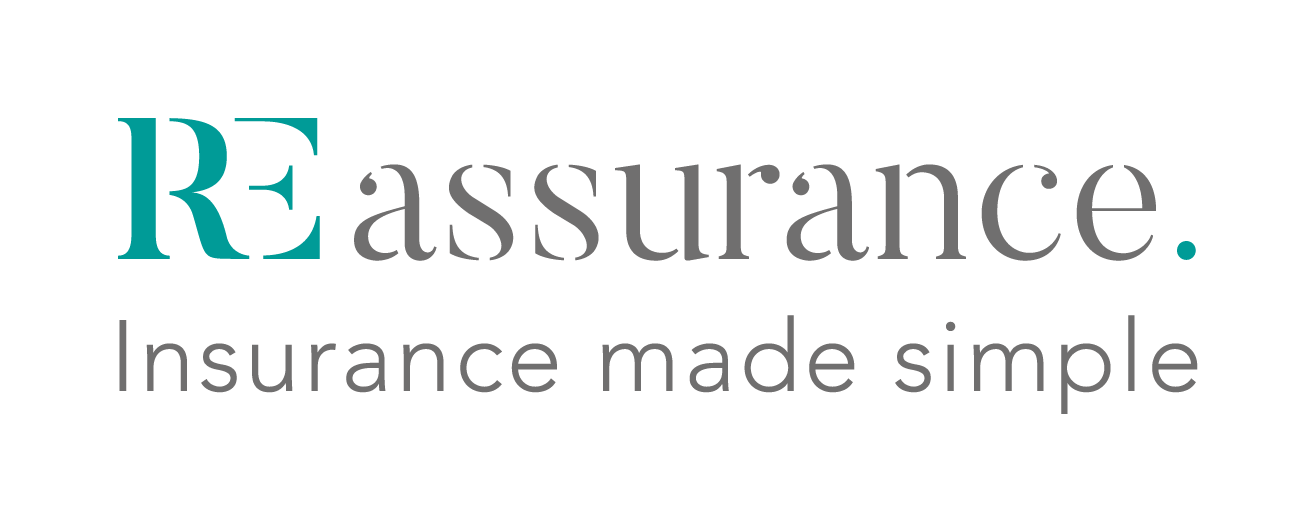Most websites you visit will use cookies in order to improve your user experience, by enabling that website to ‘remember’ you, either for the duration of your visit (using a ‘session cookie’) or for repeat visits (using a ‘persistent cookie’). Most cookies are harmless and are designed to help your online experience.
Some people find the idea of a website storing information on their computer or mobile device a bit intrusive, particularly when this information is stored and used by a third party without them knowing. Although this is generally quite harmless, if you prefer, it is possible to block some or all cookies or even to delete cookies that have already been set; but you need to be aware that you might lose some functionality for those websites where you do this.
If you don’t want to receive cookies, you can modify your browser so that it notifies you when cookies are sent to it, or you can refuse cookies altogether. You can also delete cookies that have already been set.
If you wish to restrict or block web browser cookies which are set on your device then you can do this through your browser settings; the Help function within your browser should tell you how to do this.
A cookie is a simple text file that is stored on your computer or mobile device by a website’s server. Only that server will be able to retrieve or read the contents of that cookie. Each cookie is also unique to each of your web browsers. The cookie will contain anonymous information, such as a unique identifier and the site name and some digits and numbers.
Cookies do lots of different jobs, like letting you navigate between pages efficiently, and generally improving your experience of a website. Cookies make the interaction between you and the website faster and easier. If a website doesn’t use cookies, it will think you are a new visitor every time you move to a new page on the site.
Cookies may be set by the website you are visiting (‘first party cookies’) or they may be set by other websites who run content on the page you are viewing (‘third party cookies’).
First party cookies are set by the website you are visiting and they can only be read by that site. Third party cookies are set by a different organisation to the owner of the website you are visiting. For example, like many other website owners, we use an analytics tool from Google, which allows us to view general information about how users interact with our website. We use this information to improve the online experience for our website visitors.
The website you are visiting may also contain content embedded from external social media websites and these sites may also set their own cookies. We use various social media on our website – such as Facebook, LinkedIn and Twitter. This will not affect you unless you click on these links.
The website you are visiting may also have links to other third party websites. We may introduce links on our page to other websites. Please note that our cookies policy only relates to the cookies that are found on our website and that the management of other websites is outside of our control. However, we will make reasonable attempts to ensure that we are not directing you to visit websites that might use cookies in a disreputable fashion. It is your responsibility to read the cookies policy for every website you visit if you wish to understand how each intends to use them.
Some websites also use cookies to enable them to target advertising or marketing messages based, for example, on your location and/or browsing habits. We do not use these types of cookies on our website.
Session cookies are stored only temporarily during a browsing session and are deleted from the user’s device when the browser is closed.
Persistent cookies are saved on your computer for a fixed period (usually a year or longer) and are not deleted when the browser is closed. Persistent cookies are used where we need to know who you are for more than one browsing session.
We welcome feedback from our users: please contact us with any helpful comments and criticisms. We will use this information to help us to improve the way we use cookies on our website for the benefit of all users.
Detailed information on how to block and delete cookies in popular browsers is available below:
‘We do not aim to be the biggest, we aim to be the best’


REassurance Kft which is authorised and regulated (license No.: E-II-317/2007) as an insurance intermediary by the National Bank of Hungary (MNB), and is licensed for cross-border activity, based on the EU’s ‘Freedom of Services’ principle, enabling us to broker insurance products and services throughout European Union. Information on our Hungarian license is available at the website of the National Bank of Hungary.
To become the first choice advisor and broker for real estate transactional risk services, to offer high quality support, a passion for customer service and by living and breathing our markets. Principles based on good communication, teamwork, knowledge and experience and building strong relationships that lead to trust, confidence and success.
To work to support the real estate and M&A community we service, to push boundaries for delivery, products and value-add services. To establish new products and sharing of skills and knowledge to help our clients better understand the advantages of using transactional risk insurance products in their transactions.
The ethos that runs through REassurance is based upon core values of respect, transparency, relationships, communication and fun. We have a passion to succeed, to be the best and to deliver for our clients. We believe in people and that ‘putting people first’ will become our key cultural driver within the company.





